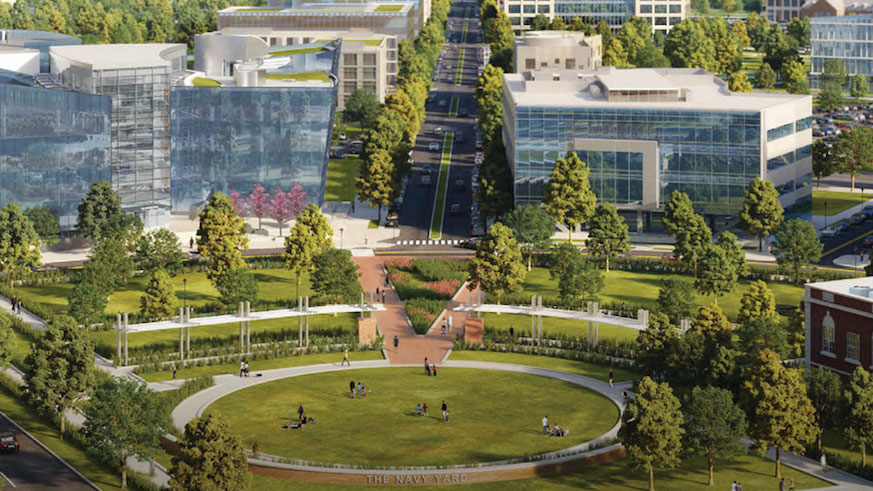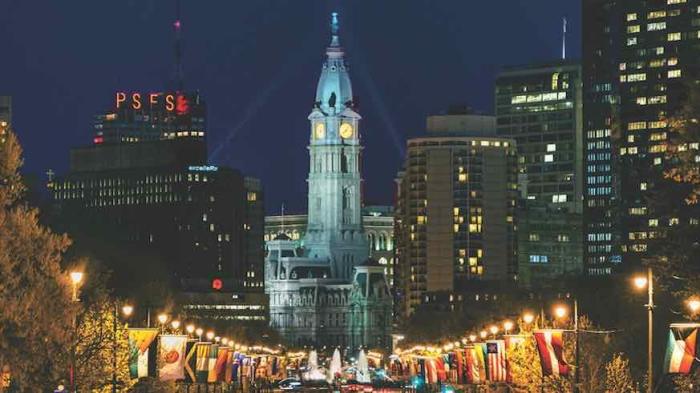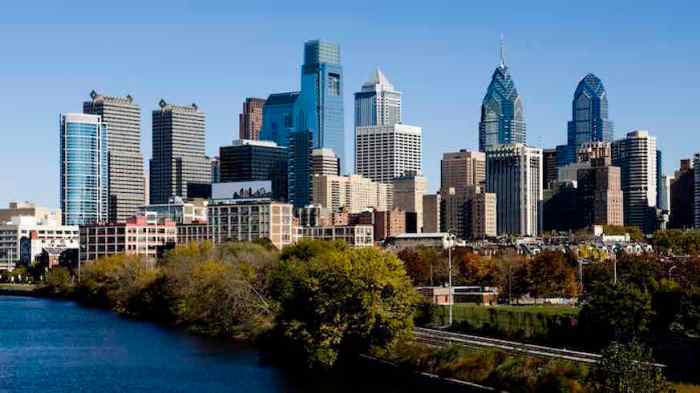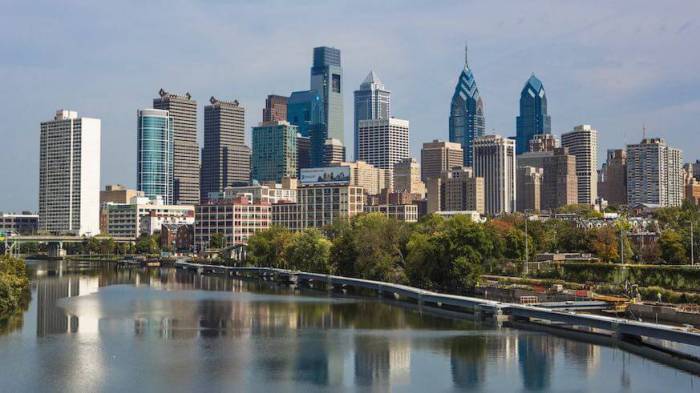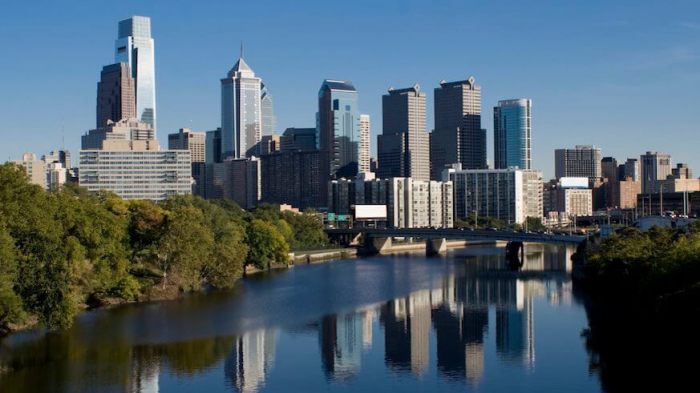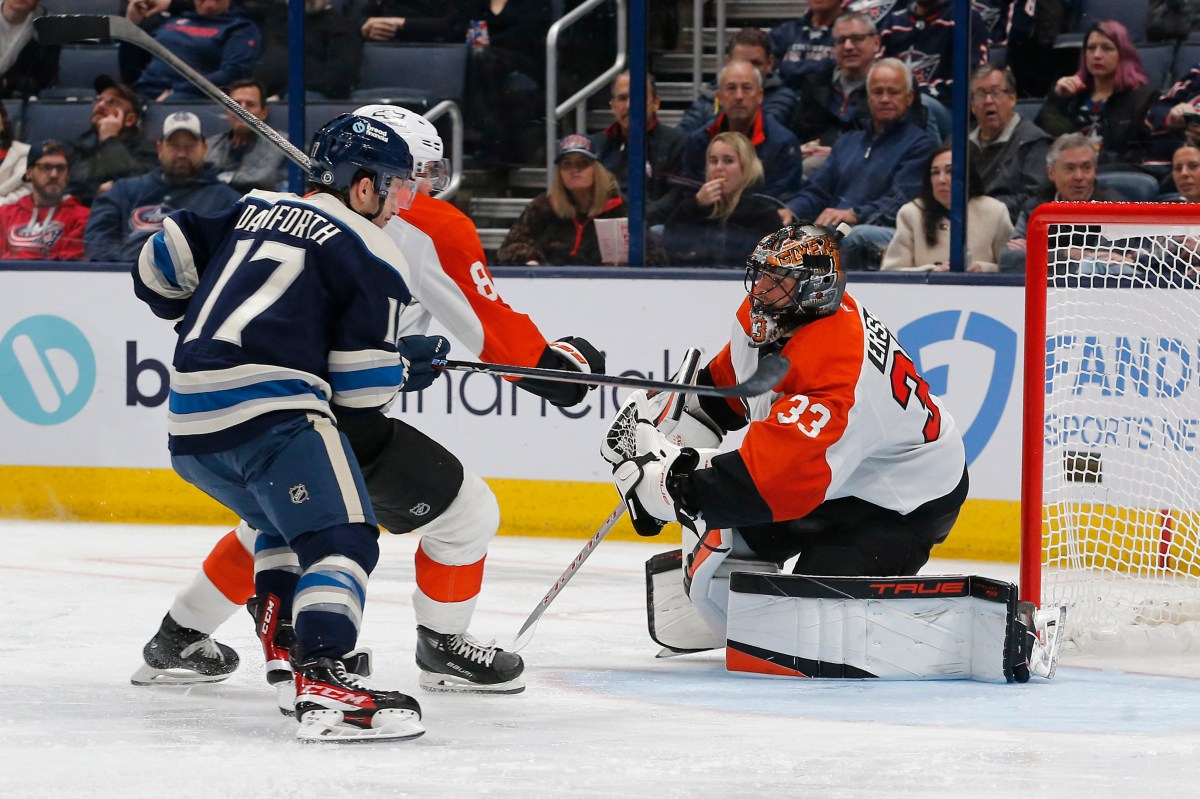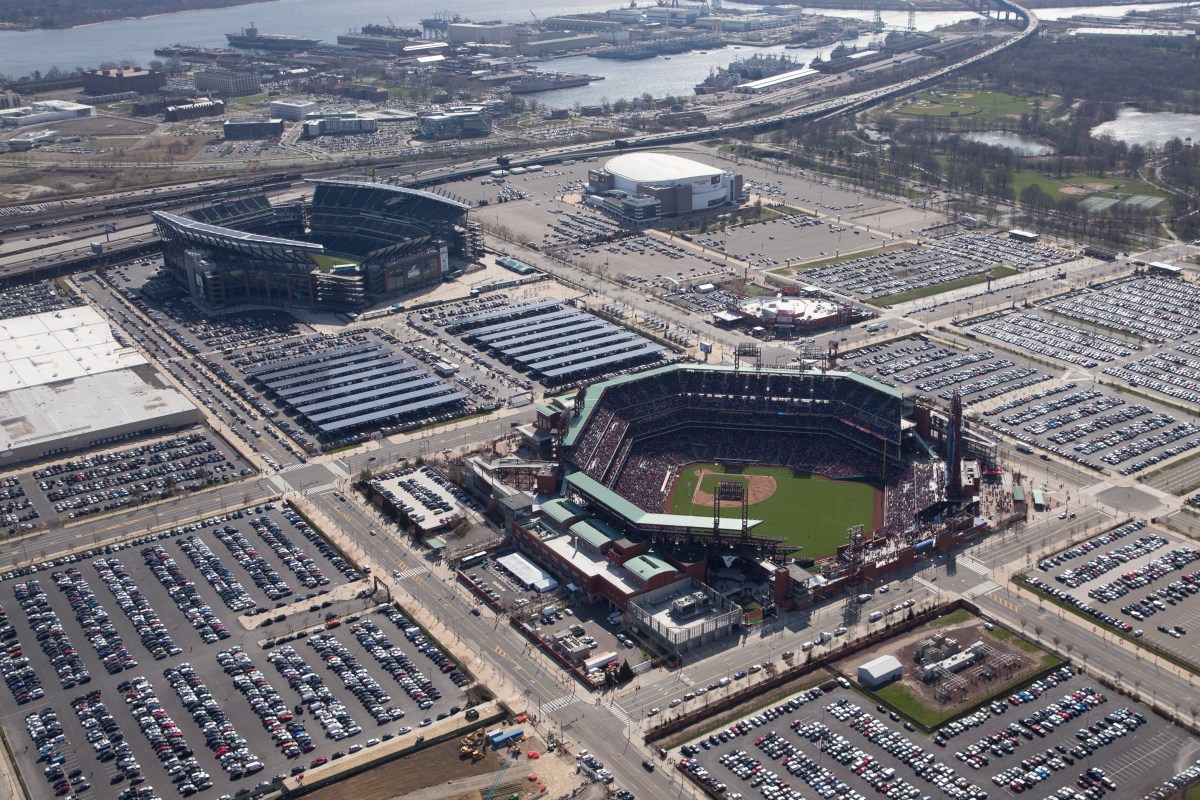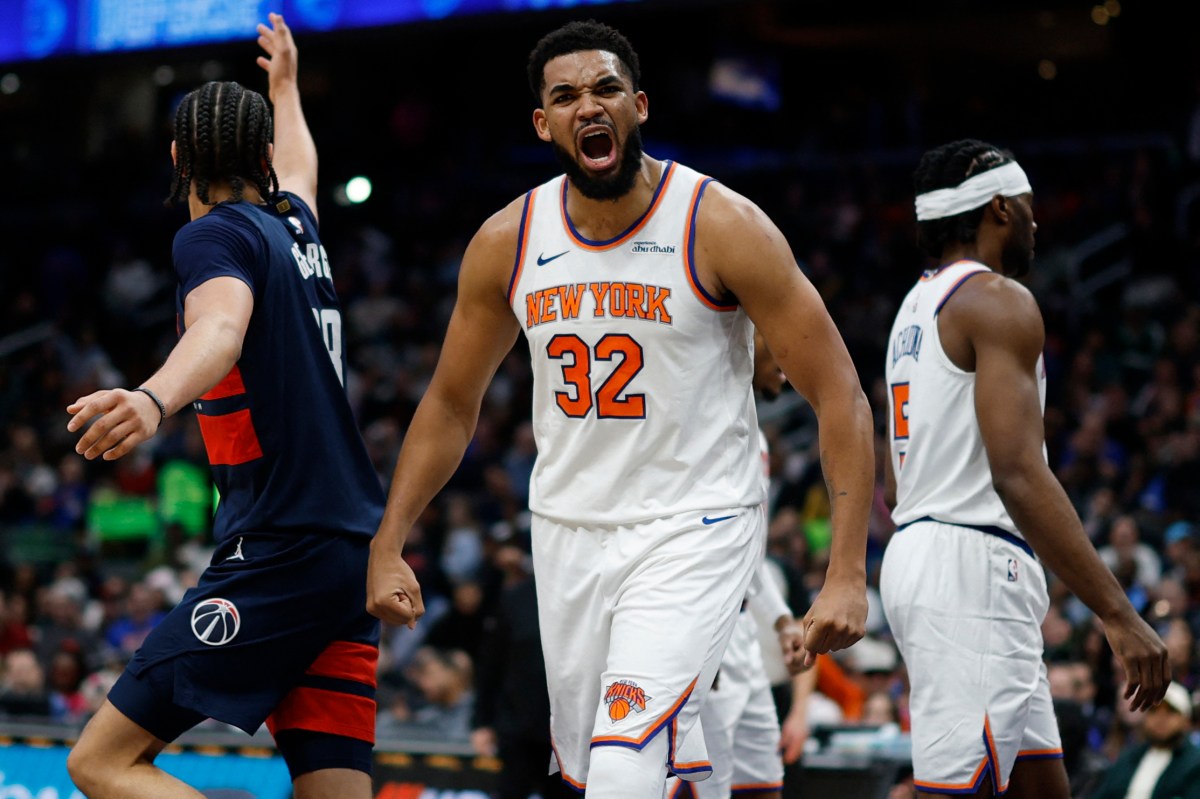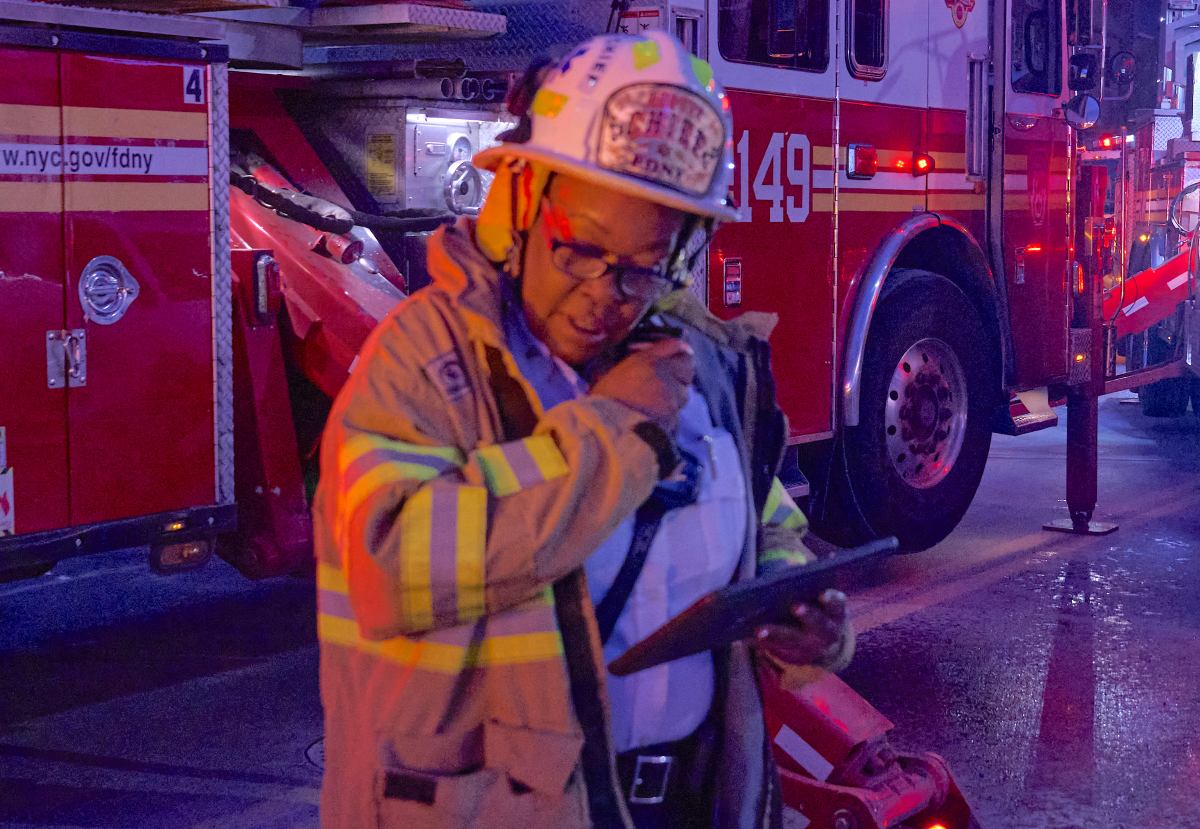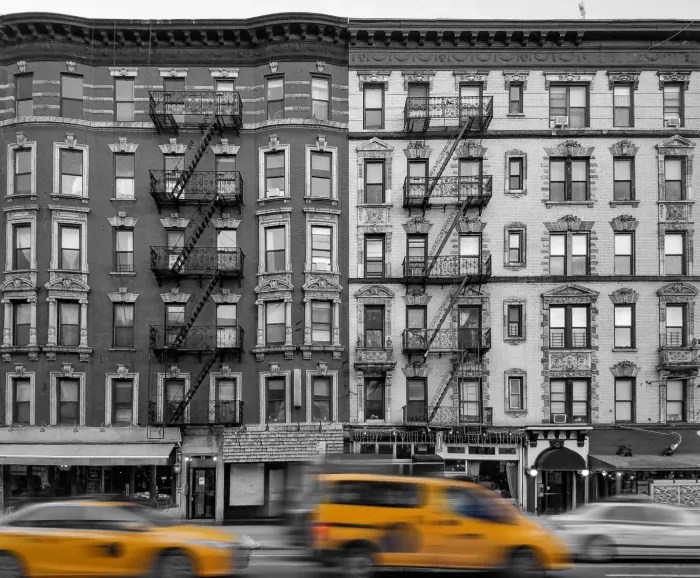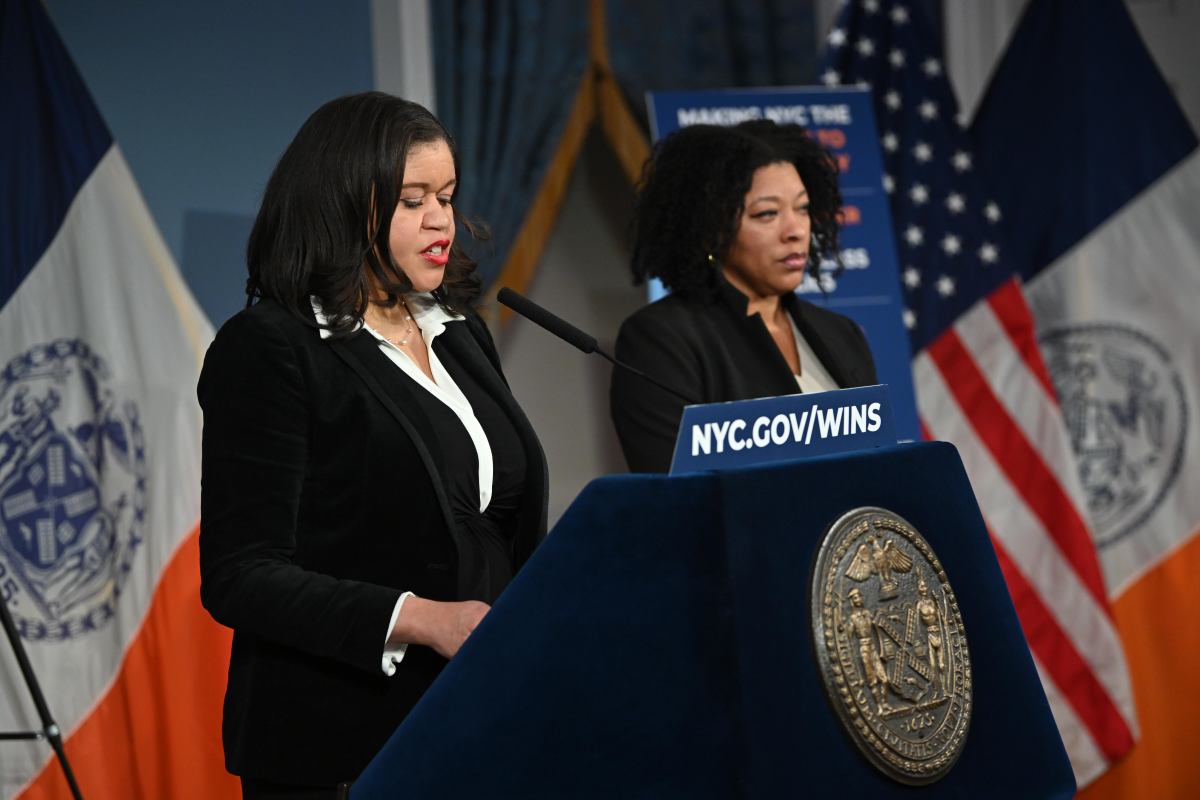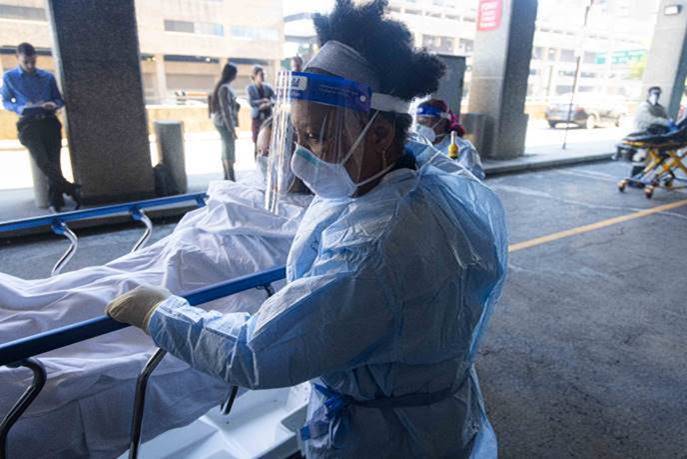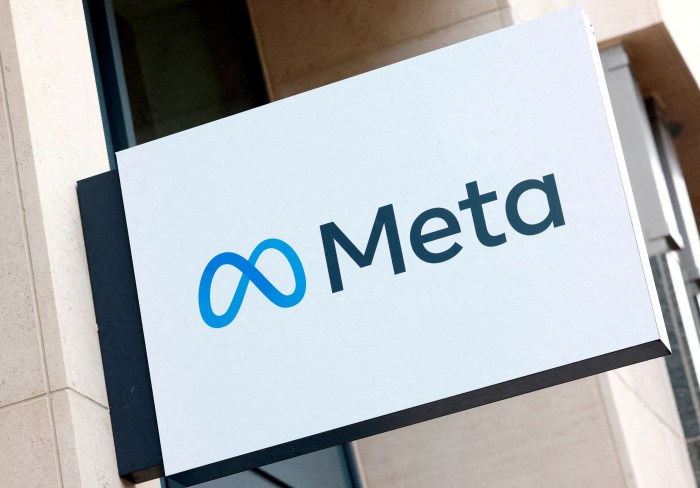In 1776, a war for independence was raging between Great Britain and the 13 colonies of what would one day become the United States of America. It was that same year the Continental Congress leased land in Philadelphia to support naval defense, and in 1868, what is known today as the Navy Yard became an official U.S. Navy site.
Like many things in Philadelphia, it holds a “firsts” title, being the first shipyard in the world to use dry docks in order to improve the ship’s operating times. And like those original 13 colonies, the Philadelphia Navy Yard has evolved into something much bigger and more dynamic than what it was all those years ago.
In many ways, the Navy Yard has followed the lineage of our great nation; it went from a major industrial yard to the flourishing urban development site that it is today. This transformation is due to the work and investment of PIDC, Philadelphia’s public-private economic development corporation, in partnership with the yard’s private master developer Liberty Property Trust.
In 2000, PIDC, on behalf of the city of Philadelphia, acquired what was then known as the Philadelphia Naval Shipyard, making to date $150 million in public investments which has yielded $750 million in private investment.
The U.S. Navy remains here, and today, the Navy Yard is home to many iconic tenants such as GSK, Urban Outfitters, Inc., and Tasty Baking Company. All in all, the Yard contains 150 companies and over 13,000 employees that occupy 7.5 million square feet, with a projected 17,000 jobs and six million square feet of construction expected to come within the next 12 years. There are also considerations to construct multifamily apartment units in the coming years.
This burgeoning mixed-use development is seen as an apex of business parks nationwide; the Urban Land Institute profiled the Navy Yard in 2016, designating the old military base as one of the most successful redevelopment projects in U.S. history.
The appeal of the Navy Yard will continue to flourish with its growth and transformation, serving as a larger representation of the mixed-use developments evolving across the 11-county region. It is both a home for new ideas and a symbol of the innovation and economic progress of Greater Philadelphia.
Rob Wonderling is President and CEO the Chamber of Commerce for Greater Philadelphia.

